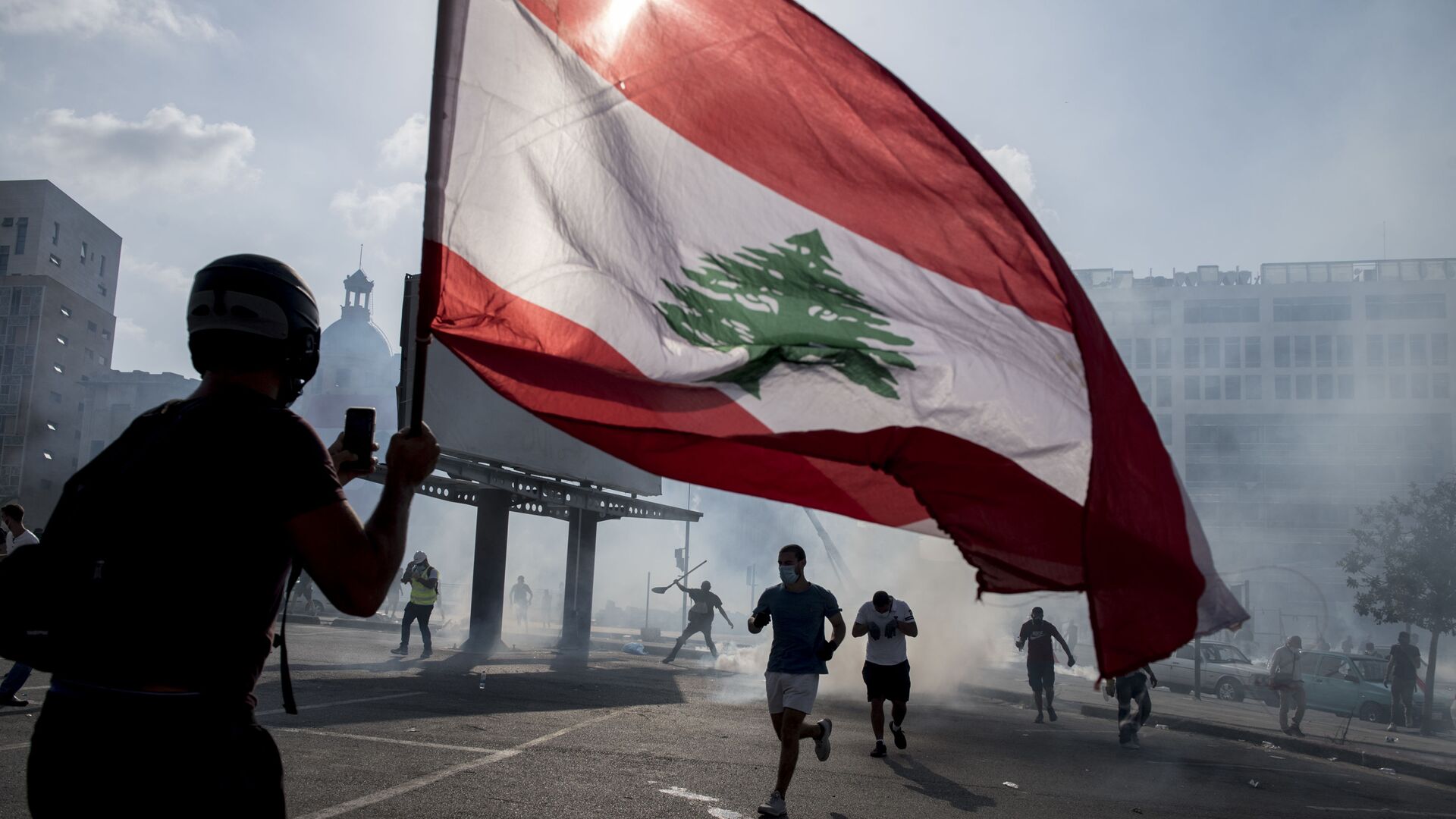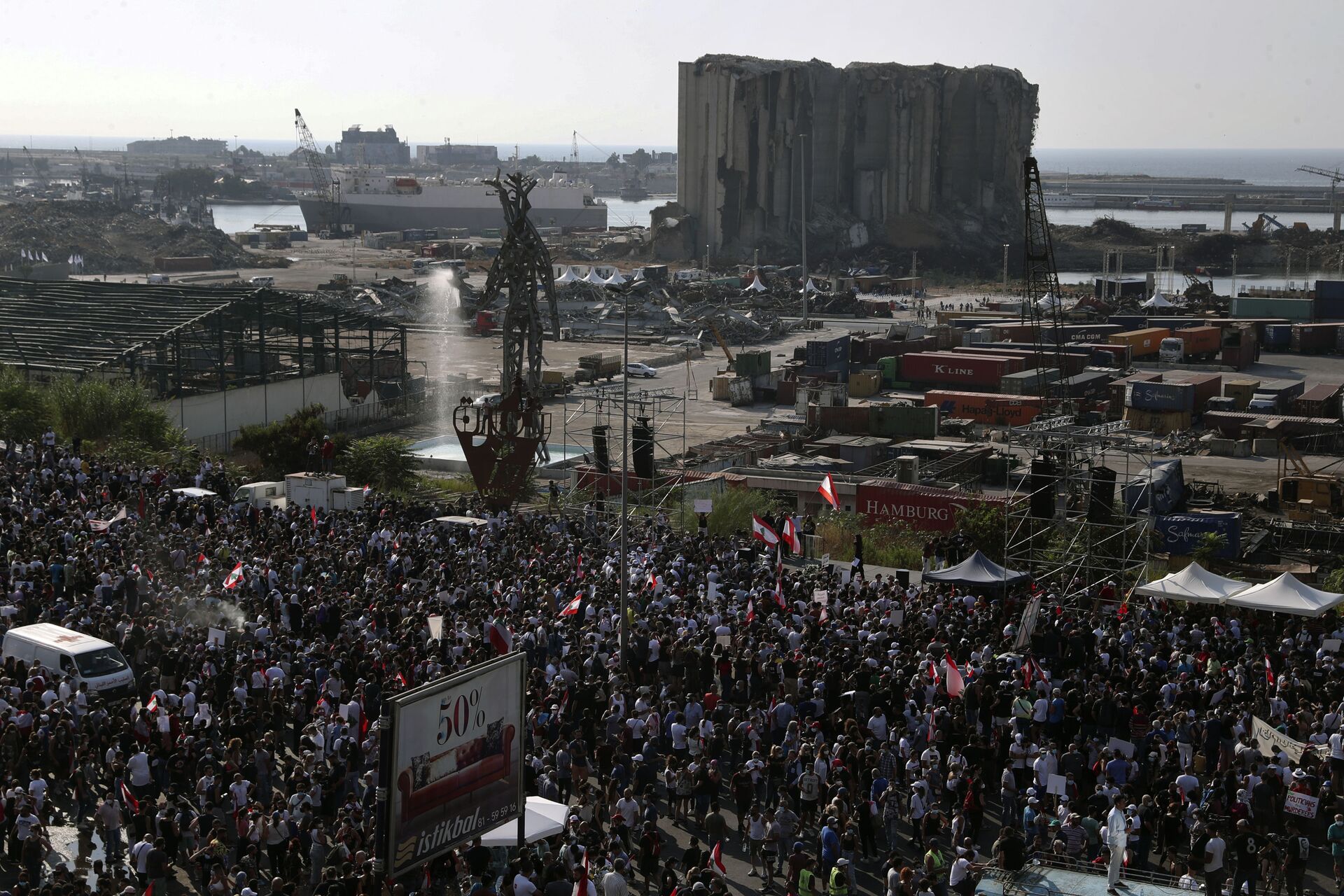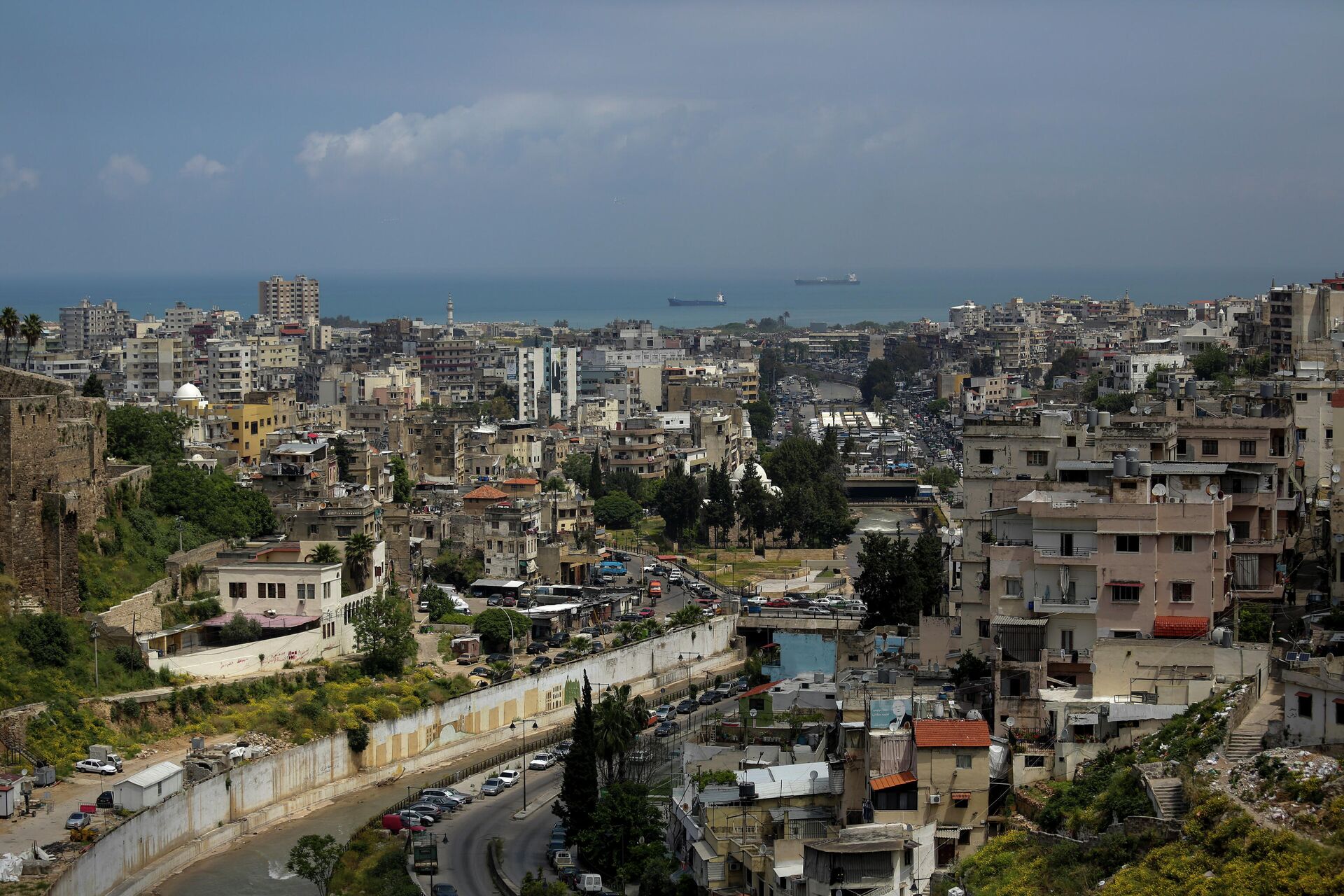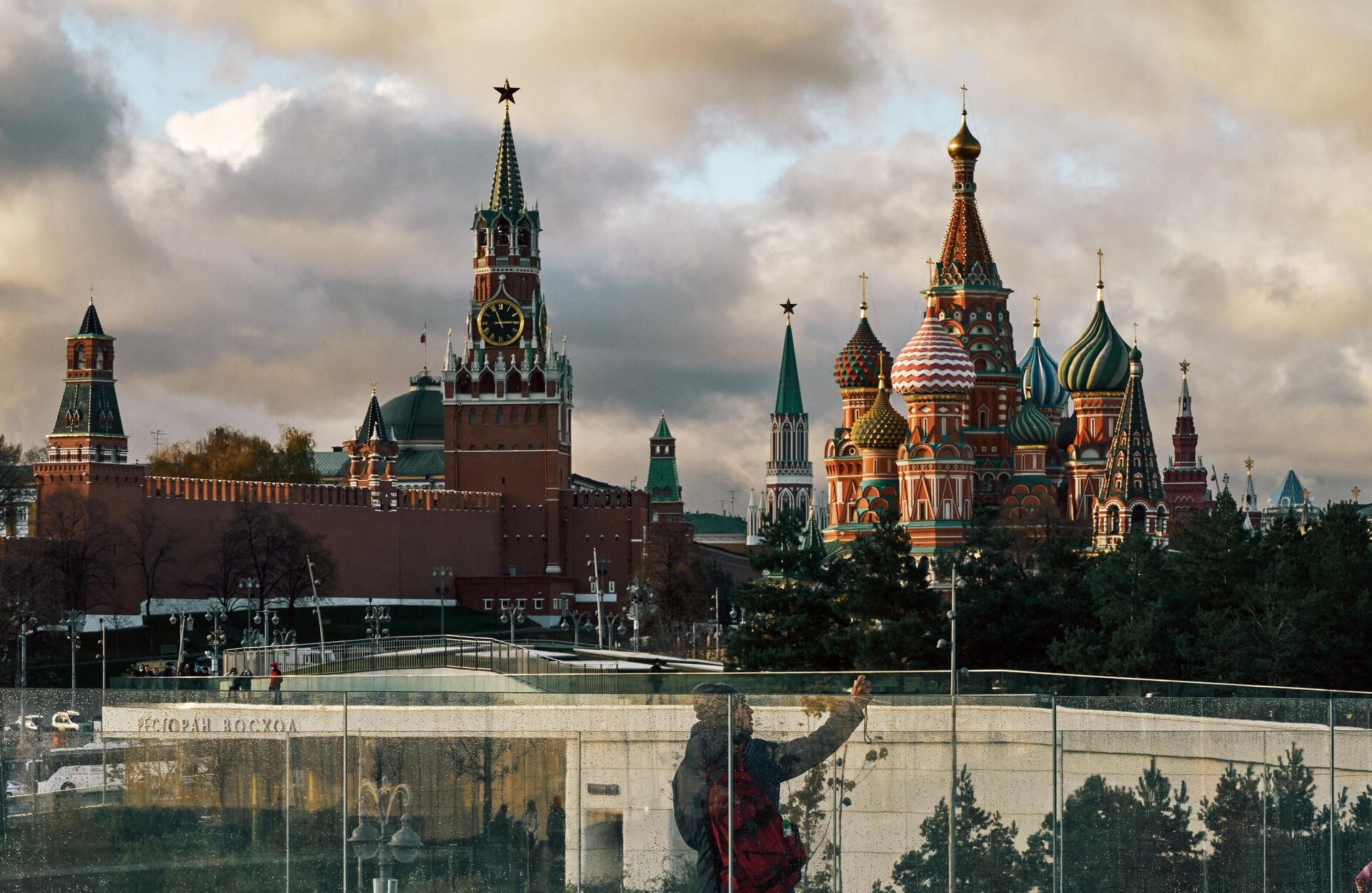https://sputnikglobe.com/20220310/russian-military-op-in-ukraine-divides-lebanon-but-beirut-wont-back-sanctions-scholar-says-1093735723.html
Russian Military Op in Ukraine Divides Lebanon, But Beirut Won't Back Sanctions, Scholar Says
Russian Military Op in Ukraine Divides Lebanon, But Beirut Won't Back Sanctions, Scholar Says
Sputnik International
Lebanon, which is currently grappling with an acute financial crisis, was forced to condemn Russia at the United Nations General Assembly, a Beirut-based... 10.03.2022, Sputnik International
2022-03-10T10:39+0000
2022-03-10T10:39+0000
2022-03-10T10:39+0000
lebanon
russia
ukraine
https://cdn1.img.sputnikglobe.com/img/07e4/0c/16/1081536938_0:0:3073:1728_1920x0_80_0_0_35649328df513e160b155787d09e9590.jpg
It's been two weeks since Russia launched its military operation in Ukraine in a bid to "de-militarise" and "de-Nazify" the country.Divided We StandThe 14 days of fighting have already split the international community into two main camps: those who support and those who oppose Russia. Ali Yahya, a Beirut-based analyst, says Lebanon, known for its sectarian, religious, and ethnic diversity, is no exception.In recent days, Lebanon has seen a number of pro- and anti-Russia protests. The divisions run so deep that Lebanese officials have also been forced to take sides.Just hours after Moscow launched its operation on 24 February, Lebanon's Foreign Ministry issued a statement condemning Russia and urging it to withdraw its forces from the East European state. Later on, Lebanon also voted against Russia in the United Nations General Assembly.Reports have already suggested that the decision to condemn Russia was dictated to Lebanese officials by the US ambassador in Beirut, Dorothy Shea, and Yahya confirmed that Washington has strong influence over his country's decision making circles.Dependency on CashIt is not only about the inclination of Lebanon’s liberal circles to tilt towards the West. Lebanon is currently grappling with a severe economic crisis that was prompted by years of corruption and mismanagement and which was further exacerbated by the coronavirus pandemic and the 2020 Beirut Port explosion.Since 2019, Lebanon's currency has lost more than 90 percent of its value. As a result, more than four million families have been pushed into poverty in the last couple of years.Washington has repeatedly come to the rescue. Over the years, it has become the biggest foreign aid donor to Lebanon, granting the Arab country more than $300 million in 2021.It has also played a pivotal role in making sure Beirut received the first injection of the multi-billion dollar aid provided by the International Monetary Fund.This is why, for some circles in Lebanon, going against those who could provide more funds is considered suicidal, and this is a price they are not ready to pay.No Faith in the USHowever, liberals are facing a challenge in the face of the Iran-backed Shiite militia and the political party Hezbollah. Several days ago, the group's chief, Hassan Nasrallah, spoke about the Ukrainian conflict, pinning the blame on the United States and its policies.In his televised speech, he didn't express support for Russia, but he did remind his audience that trusting Washington is not a good decision.Hezbollah has repeatedly slammed the US' actions in the region. It has criticised the sanctions Washington imposed on its officials and banks. It has condemned the White House policies against Lebanon's traditional rivals, Iran and Syria, and it has also denounced the involvement of the Americans in the toppling of a number of Middle Eastern leaders.Nasrallah's warnings probably did the trick. Five days ago, Lebanon's President Michel Aoun dispatched his envoy for Russian affairs, Amal Abu Zeid, to Moscow to meet Deputy Minister of Foreign Affairs Mikhail Bogdanov.Yahya believes the move was done to avoid a potential diplomatic crisis that could have been triggered by Beirut's condemnation of Russia. But the expert also says that the rift has probably been avoided, primarily because his country has zero intention to join in sanctions against the Kremlin.
lebanon
ukraine
Sputnik International
feedback@sputniknews.com
+74956456601
MIA „Rosiya Segodnya“
2022
News
en_EN
Sputnik International
feedback@sputniknews.com
+74956456601
MIA „Rosiya Segodnya“
Sputnik International
feedback@sputniknews.com
+74956456601
MIA „Rosiya Segodnya“
lebanon, ukraine
Russian Military Op in Ukraine Divides Lebanon, But Beirut Won't Back Sanctions, Scholar Says
Lebanon, which is currently grappling with an acute financial crisis, was forced to condemn Russia at the United Nations General Assembly, a Beirut-based analyst thinks. Washington has been providing the Arab country with major financial assistance and has helped it secure billions from the International Monetary Fund to keep its economy afloat.
It's been two weeks since Russia launched its military operation in Ukraine in a bid to "de-militarise" and "de-Nazify" the country.
The 14 days of fighting have already split the international community into two main camps: those who support and those who oppose Russia. Ali Yahya, a Beirut-based analyst, says Lebanon, known for its sectarian, religious, and ethnic diversity, is no exception.
"A large part of the Lebanese population supports Russia because they either oppose the expansion of NATO, or because they relate to Moscow due to the common Orthodox affiliation. Others back Ukraine due to political reasons, their historical inclinations towards the West, or because of the humanitarian crisis the fighting has prompted", Yahya explained.
In recent days, Lebanon has seen a number of
pro- and anti-Russia protests. The
divisions run so deep that Lebanese officials have also been forced to take sides.
Just hours after Moscow launched its operation on 24 February, Lebanon's Foreign Ministry issued a statement condemning Russia and urging it to withdraw its forces from the East European state. Later on, Lebanon also voted against Russia in the United Nations General Assembly.
Reports have already suggested that the decision to condemn Russia was dictated to Lebanese officials by the US ambassador in Beirut, Dorothy Shea, and Yahya confirmed that Washington has strong influence over his country's decision making circles.
It is not only about the inclination of Lebanon’s liberal circles to tilt towards the West. Lebanon is currently grappling with a
severe economic crisis that was prompted by years of corruption and mismanagement and which was further exacerbated by the coronavirus pandemic and the 2020 Beirut Port explosion.
Since 2019, Lebanon's currency has lost more than 90 percent of its value. As a result, more than four million families have been pushed into poverty in the last couple of years.
Washington has repeatedly come to the rescue. Over the years, it has become the
biggest foreign aid donor to Lebanon, granting the Arab country more than $300 million in 2021.
It has also played a pivotal role in making sure Beirut received the first injection of the multi-billion dollar aid provided by the International Monetary Fund.
This is why, for some circles in Lebanon, going against those who could provide more funds is considered suicidal, and this is a price they are not ready to pay.
However, liberals are facing a challenge in the face of the Iran-backed Shiite militia and the political party Hezbollah. Several days ago, the group's chief, Hassan Nasrallah, spoke about the Ukrainian conflict, pinning the blame on the United States and its policies.
In his televised speech, he didn't express support for Russia, but he did remind his audience that trusting Washington is not a good decision.
"This is the lesson for those, who trust, rely, and bet on America... we must know that the current tragedy... and the dangers it poses on the rest of the world is the responsibility of America, the Great Satan".
Hezbollah has repeatedly
slammed the US' actions in the region. It has criticised the sanctions Washington imposed on its officials and banks. It has condemned the White House policies against Lebanon's traditional rivals, Iran and Syria, and it has also denounced the involvement of the Americans in the toppling of a number of Middle Eastern leaders.
Nasrallah's warnings probably did the trick. Five days ago, Lebanon's President Michel Aoun dispatched his envoy for Russian affairs,
Amal Abu Zeid, to Moscow to meet Deputy Minister of Foreign Affairs Mikhail Bogdanov.
Yahya believes the move was done to avoid a potential diplomatic crisis that could have been triggered by Beirut's condemnation of Russia. But the expert also says that the rift has probably been avoided, primarily because his country has zero intention to join in sanctions against the Kremlin.
"It is unlikely that Lebanon will abide by the new sanctions, which exceed 5,553 penalties, primarily due to the centrality of Russia's role in Lebanon and the Middle East", said Yahya.
"Such measures will reflect negatively on Lebanon, which is in the grip of collapse, and which is trying to re-connect with Syria. There is no doubt that the refusal of the Lebanese to abide by the sanctions will be strengthened by the position of such players as Saudi Arabia and the UAE, who are also not abiding by their sanctions".







